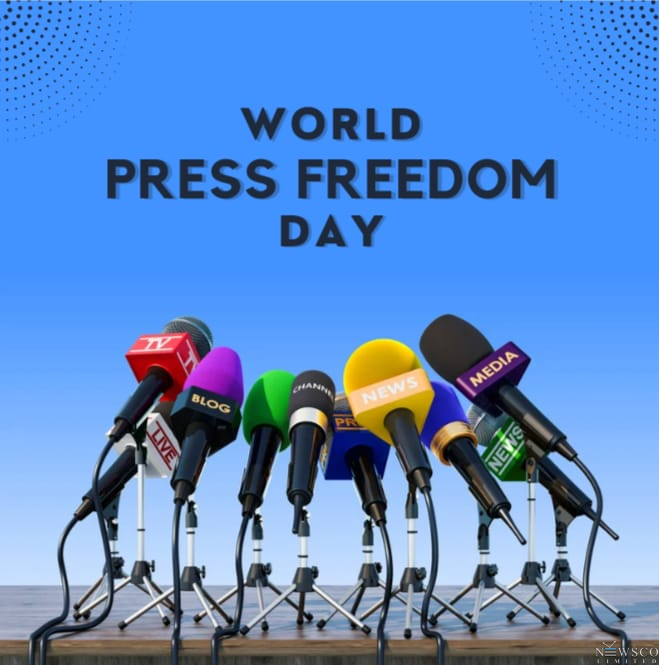Just how free do you think the media is in the Caribbean?
Well today, Antigua and Barbuda joins the rest of the globe in marking world press freedom day.
The annual May 3rd observance aims to raise awareness of the importance of freedom of the press – and remind governments of their duty to respect and uphold the right to freedom of expression.
Sadly, political attacks on journalists are increasing across the globe, according to the annual World Press Freedom Index published by Reporters Without Borders.
These attacks include the detention of journalists, the spreading of misinformation and suppression of independent voices.
The latest annual index ranks 180 countries on the ability for journalists to work without interference or threats.
Norway retained its spot at the top, followed by Denmark and Sweden. The East African country of Eritrea – dubbed an “information desert” – had the dubious distinction of occupying bottom place, taking over from last year’s lowest-ranked nation, North Korea.
While Antigua and Barbuda is not listed in the index, a number of other Caribbean countries are – and the results are a mixed bag.
Out of everywhere in the region, Jamaica which boasts a lively media landscape is deemed to have the most press freedom, occupying 24th spot.
Reporters Without Borders says freedom of the press as a whole has continued to improve in Jamaica over the past two decades.
However, it notes what it calls a growing ‘gulf of distrust’ between government officials and the media that has contributed to a decline in institutional respect for press freedom.
Trinidad comes in at 25th. Year after year, the report says, Trinidad maintains its good record in terms of press freedom, although there is still room for improvement.
The Dominican Republic takes 35th place while Guyana comes in at 77th.
While Guyana protects freedom of speech and the right to information, journalists who oppose the authorities face intimidation, the report warns.
Perhaps unsurprisingly given current turmoil, Haiti fares badly, taking 93rd spot.
Haiti’s journalists suffer from a cruel lack of financial resources, an absence of institutional support and difficulty accessing information, the report says.
Since 2021, they have also been the target of gangs, and have often been victims of threats, attacks, kidnapping or murder with complete impunity.
There is one Caribbean country, however, that is rated worst of all – and by quite a bit.
Cuba takes 168th spot – just 12 from the bottom. Cuba remains, year in and year out, the worst country for press freedom in Latin America, the report says.
In the absence of stats for our twin island nation, Observer spoke to journalist Nikki Phoenix of Free Press 268 to gauge her thoughts.
“In our Twin Island nation, the press is generally respected and operates with a degree of freedom that is essential for a vibrant democracy. However, challenges persist. Journalists in Antigua and Barbuda, we grapple with issues such as political influence, editorial censorship and inadequate compensation. These factors hinder our ability to conduct investigative journalism and hold power to account. Moreover, the need for more robust training and resources is evident, as is the need for a media landscape that is free from political over lordship.”
Phoenix also gave her views on action needed to bolster the local media landscape.
“To the government of Antigua and Barbuda, I say, your support can transform these challenges into opportunities. As the government, by fostering an environment where journalists are well-trained, properly equipped, and fairly compensated, you empower us to perform our duties effectively. This, in turn, enriches our society with informed discourse and accountability. Access to information is the cornerstone of journalism. The Freedom of Information Act of 2004, while a commendable initiative, really requires reinforcement to ensure that information is readily and transparently available to all who seek it. This is still very much lacking.”
The UN declares journalists to be the ultimate allies in human rights.
It notes 2023 was a devastating year with 71 media workers killed worldwide and 320 imprisoned.
The UN’s Volker Turk appealed for journalists to have the right to work free from attacks, hate campaigns, and physical and legal harassment.

